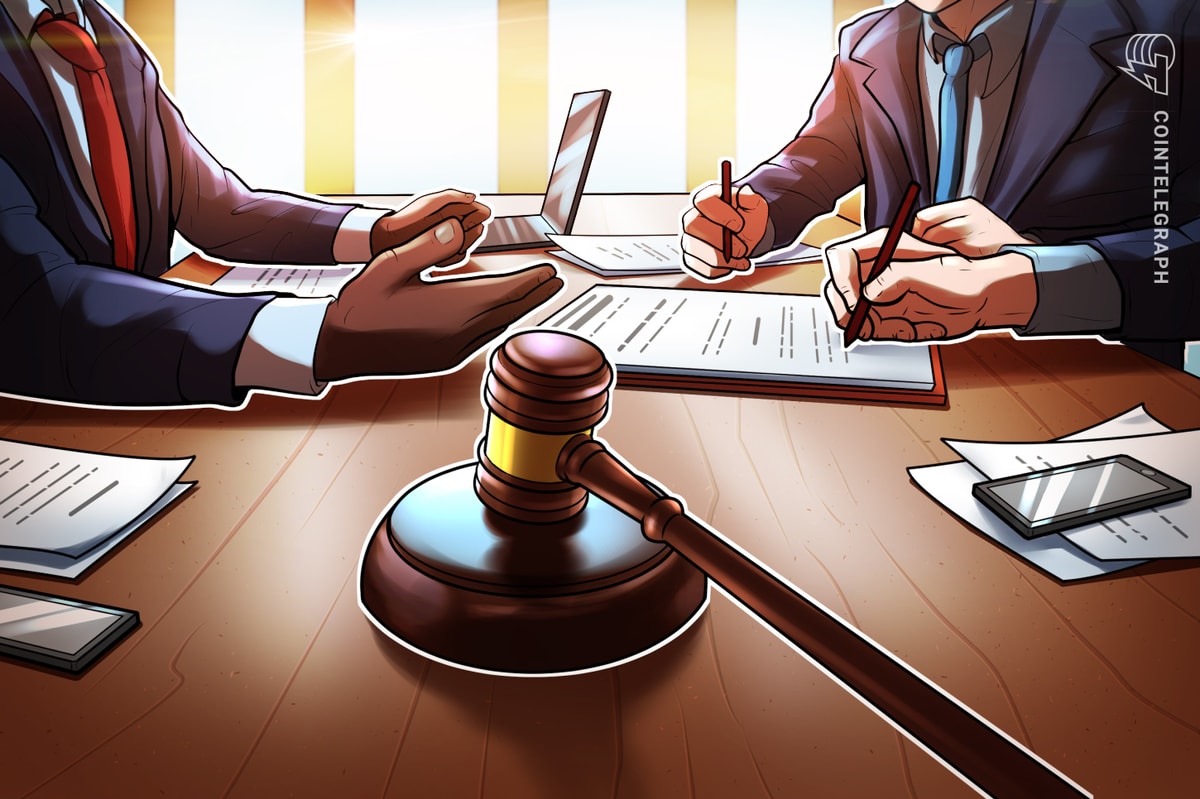A spokesman for the Justice Department’s Criminal Division told a Senate subcommittee hearing that virtual currencies such as Bitcoin are vulnerable to organized crime.
“We have seen increasing use of such currencies by drug dealers, traffickers of child pornography, and perpetrators of large-scale fraud schemes,” Acting Assistant Attorney General Mythili Raman told Congress.
The anonymity and untraceability of digital currencies makes them ripe for crime, making law enforcement investigations significantly harder.
What’s more, the currencies have no controls in place to stop illegal activity, she said.
Raman’s testimony came before the Senate Homeland Security Committee, which held an inquiry into what they called “virtual currencies” on November 18 in Washington.
Meanwhile, Bitcoin’s value surged to new highs as the hearing wrapped. Sen. Thomas Carper, the committee’s chair, admitted that digital currencies attracted some, scared others and “confused the heck out of the rest of us.”
Patrick Murck, from the Bitcoin Foundation, assured the committee that Bitcoin, and other digital currencies, offer benefits far beyond obscuring the actions of online criminals. The onus would be on law enforcement to keep pace, he suggested.
Thus far, state and federal governments have wrestled with many questions on digital currencies as they try to harmonize that economy with their existing regulations.
Two accounts linked to the Mt. Gox exchange were seized in May, the Silk Road was shut down in October, and the State of New York subpoenaed 22 Bitcoin businesses in August to learn about their inner workings.
Critics argue this has had a chilling effect on innovations in this space Stateside, and the US is losing its ability to be competitive in a rapidly developing global economy.
To be sure, Silk Road copycats have popped up around the deeper parts of the web.
Government interest and Bitcoin’s value could be locked in a temporary upward spiral. As the government presses further, many investors could see this as an indication that the cryptocurrency is gaining legitimacy and start buying more at higher prices. With increased value and activity will come greater government scrutiny.
The surge in Bitcoin’s asking price following the hearing reflects this trend. As soon as US senators identified Bitcoin as a “legitimate” currency that was not inherently illegal, prices started to rise. Trading that day hit a low of around $600, just as the hearing began, to about $788 shortly after the hearing.
A second hearing was scheduled for the following day in Washington.










